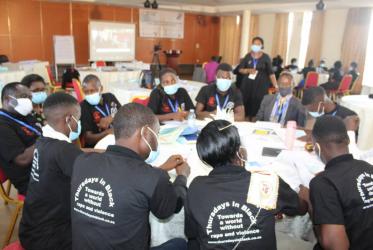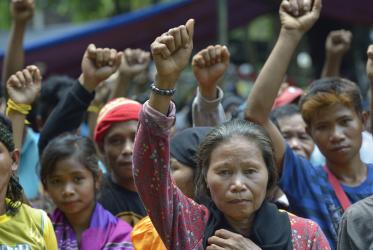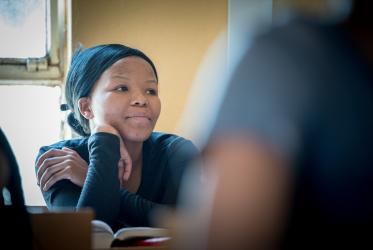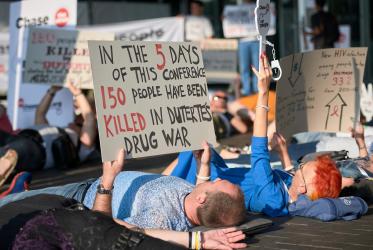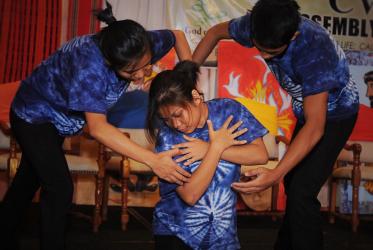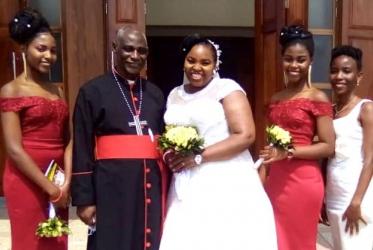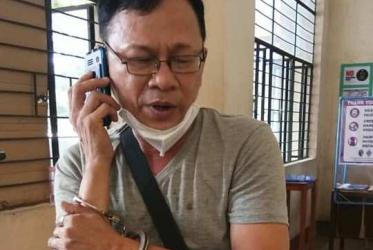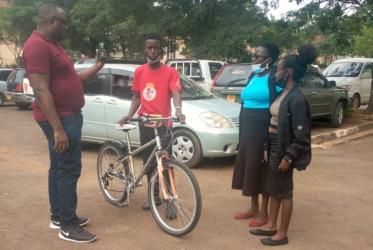Displaying 21 - 40 of 111
African Churches mark International Women’s Day
09 March 2021
New student body at Bossey Ecumenical Institute “a source of joy”
14 September 2020
In Uganda, resilience and hope overshadow stigma
31 July 2020
Youth leaders: “We will stop at nothing” to end HIV and violence
17 October 2019
WCC organises event on “The Human Rights Situation in the Philippines”
18 September 2019
Frontline advocates in Uganda are putting a stop to HIV stigma
16 September 2019
